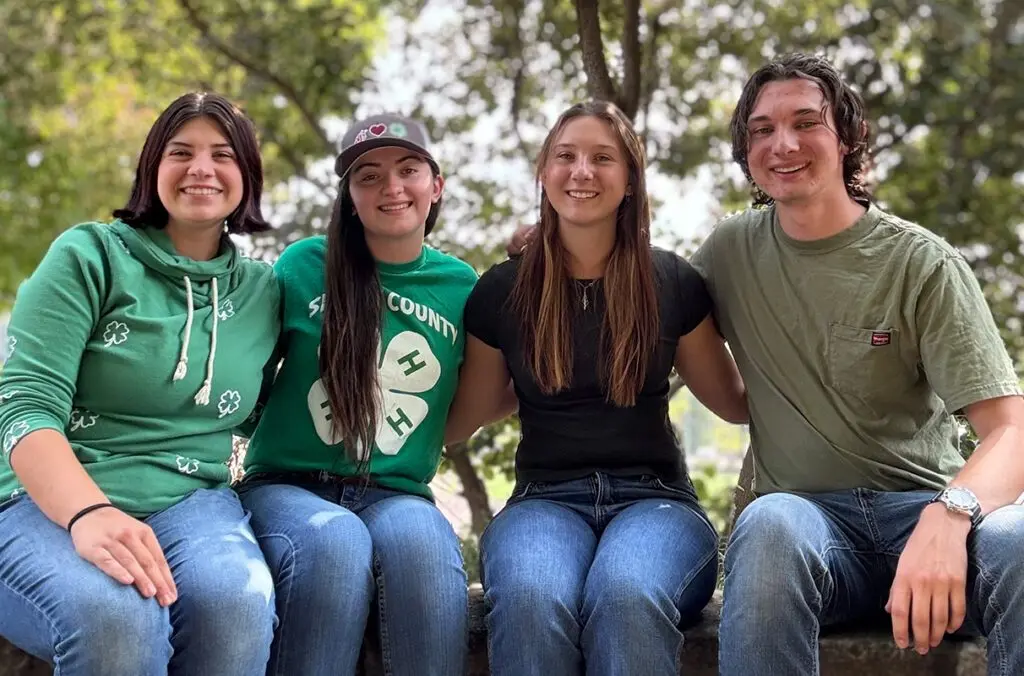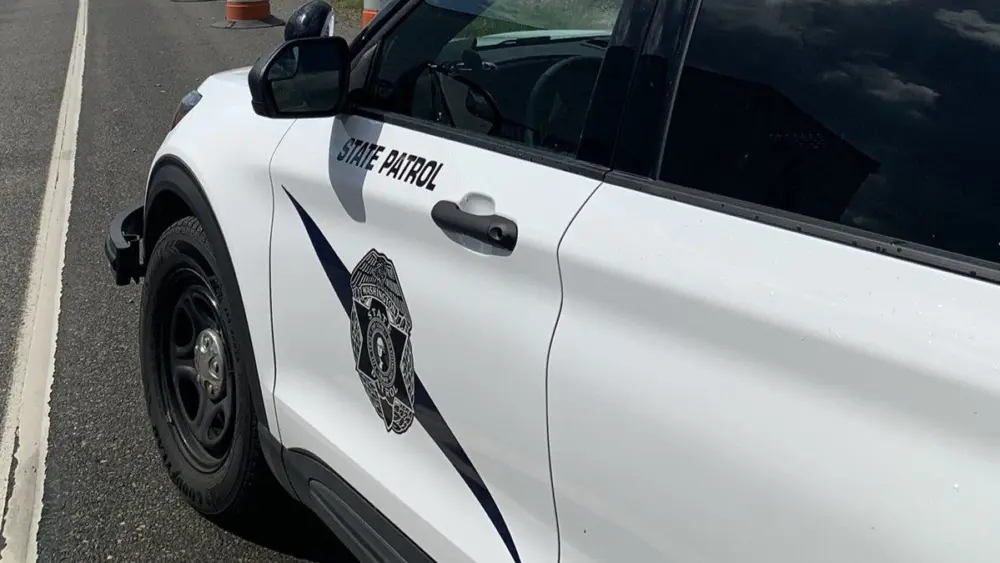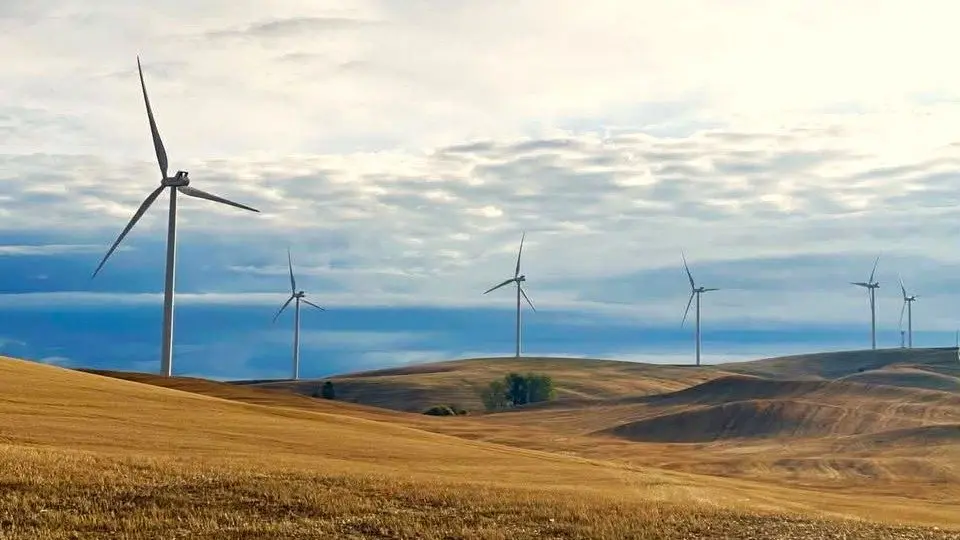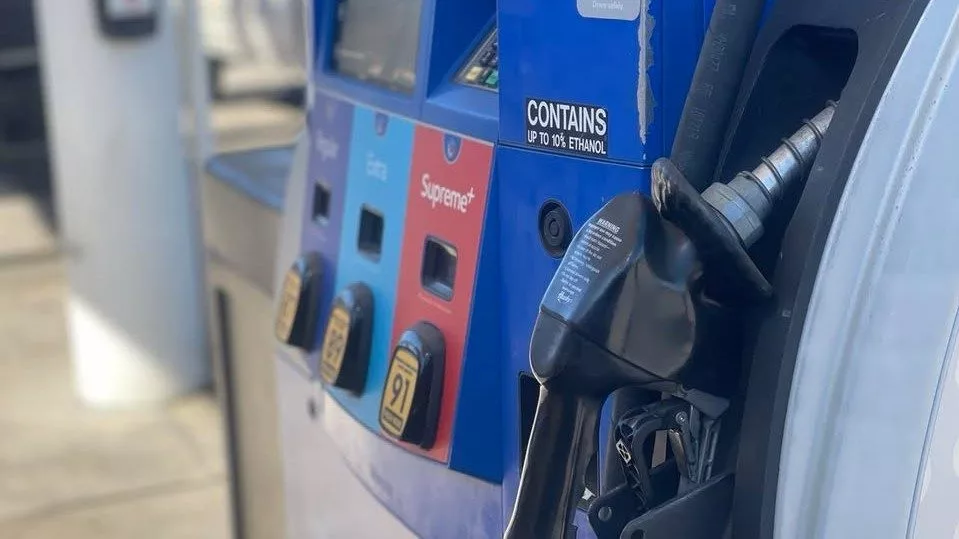PULLMAN, WA – Ainsley Carpenter’s involvement in 4-H started at age four. Carpenter, now 22, grew up in a military family, so the program has served as a foundation in her life.
“Every time we moved, I could find that community easily,” said Carpenter, a Washington State University senior majoring in zoology. “I had a rabbit project that started when we lived in Kansas. It came with me when we went to Germany and Louisiana before settling in Washington. Today I teach youth how to show rabbits at local clubs. Everywhere we moved, I had a place to come home to.”
Carpenter is using her experience to help establish the first WSU Collegiate 4-H Club. With nearly six million youth involved, 4-H is America’s largest youth development organization, delivered through Cooperative Extension programs in each state. WSU Extension is already the home of Washington 4-H, but having a WSU student club provides additional opportunities for involvement.
The purpose of a collegiate 4-H program is to promote community service, leadership development, and professional development. University programs also encourage positive youth development, host educational workshops, and judge youth competitions.
“4-H emphasizes community service,” said Kelly Stewart, Whitman County 4-H program coordinator and co-advisor to the WSU club. “Encouraging WSU students to have continuing engagement with 4-H, and having young adults engaging in community service, will help the students and youth members in the region.”
4-H emphasizes community service. Encouraging WSU students to have continuing engagement with 4-H, and having young adults engaging in community service, will help the students and youth members in the region.
Kelly Stewart, program coordinator and co-advisor
Whitman County 4-H
Carpenter, the WSU club’s first president, was instrumental in launching the new organization.
“Ainsley is so dedicated to 4-H and helping youth,” Stewart said. “She’s represented Washington at the National 4-H Congress and other conferences. She shared the idea of starting this club a few years ago and has done so much to get it going.”
The goal is to allow WSU students, both those that were involved in 4-H as youths and those with no 4-H experience, to engage with the community, serve others, and meet new people.
“Many go through 4-H as children, then have a gap once they go to college,” Stewart said. “Then many re-join when they have children of their own. Having a WSU club reduces that involvement gap.”
Carpenter said that continuing her involvement in 4-H without a university club has been challenging. The new WSU club will help future Cougs have better opportunity access.
“I hope this club helps people realize that there are benefits to continuing with 4-H after high school,” Carpenter said. “For example, I’ve met multiple Secretaries of Agriculture over the past few years. I’ve met so many people by attending national 4-H events because the networking opportunities are extraordinary.”
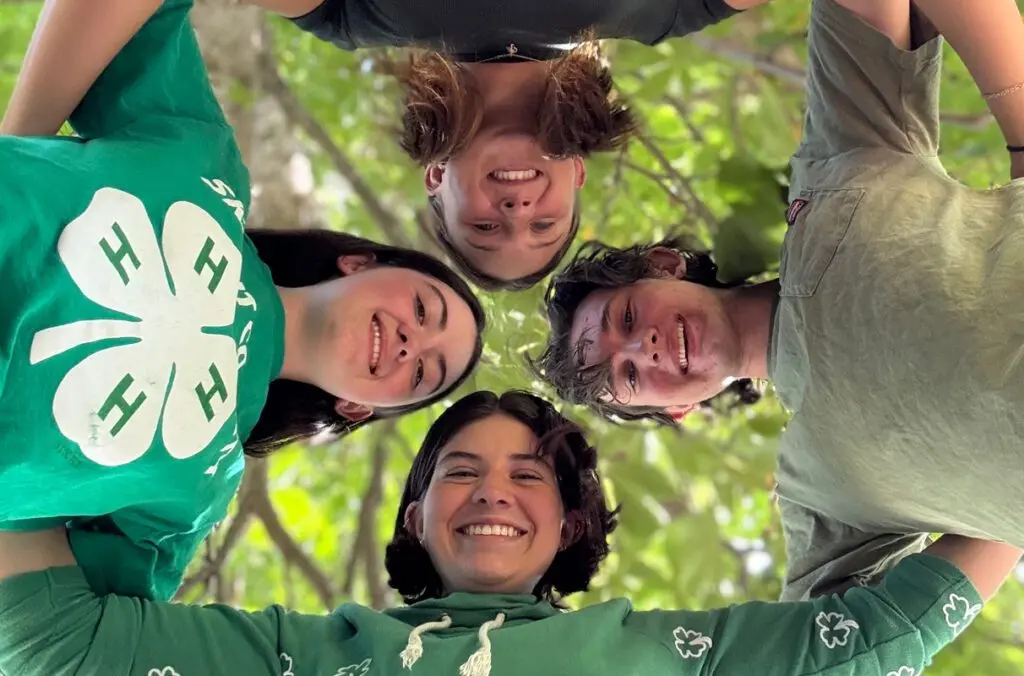
The club officially gained Registered Student Organization status in August and has only just started holding events. Carpenter plans to grow membership by hosting potlucks, movie nights, and explorations of Pullman and the surrounding area. She also hopes to find projects around WSU and the Palouse that need additional help to complete.
“Making the best better is a 4-H motto, and I want our WSU club to embody that,” Carpenter said. “I want this to be a club for our students, but also for the community. We’re starting out with nothing, but I hope that we’ll have a significant and positive impact very soon.”
Any college student in Washington state can join WSU’s 4-H club and attend meetings, including those at other universities and WSU campuses.
“You can be in Seattle and still be part of 4-H,” Carpenter said. “4-H is for everyone, and I’m so excited to help bring this club to WSU and students across the state.”
Anyone wanting to learn more about the WSU Collegiate 4-H Club can email washington4hcollegiate@gmail.com and follow them on Instagram @washington4_hcollegiate.

